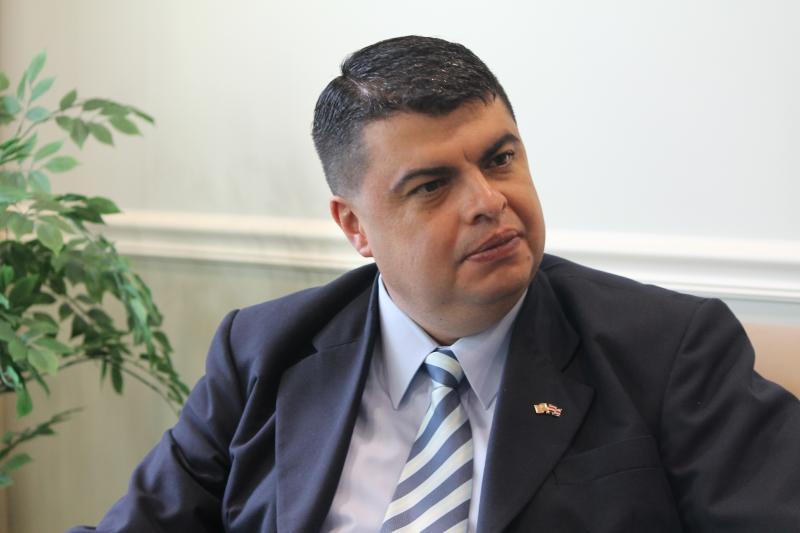SAN JOSE, (Reuters) – More than 656 people have been killed so far in Costa Rica’s deadliest year on record, official homicide data showed yesterday, though the government expects this figure to soar past 900 by the end of this year.
Costa Rica’s homicides hit a record 654 last year according to the historically peaceful Central American country’s Judicial Investigation Agency (OIJ).
“The number continues to grow and this puts us at a turning point,” OIJ head Randall Zuniga told a local radio station, calling for more investments on public security.
Costa Rica, which has for decades been recognized as the safest Central American country, saw more homicides in six of its seven provinces, with the capital San Jose seeing the highest increase – double those in the same period last year.
The national rate for violent deaths is set to rise to 16 per 100,000 people this year, from 12.6 in 2022. The Caribbean province Limon could see the rate surpass 33.
Authorities have reported crimes such as torture, gang murders and assassinations carried out by highly-trained hitmen, similar to crimes committed by Mexican cartels.
They attribute two-thirds of such killings to turf war gangs for control over drug trafficking operations in the country, a strategic location between producers in Colombia and consumers in the United States and Europe.
Costa Rica’s security minister Mario Zamora told Reuters in a statement that there are no “magic” and short-term responses to tackle crime in the country, and that it would need a series of security and prevention initiative.
Zamora, appointed in May, held the post during Laura Chinchilla’s 2010-2014 presidency, reputed for being tough on crime.
President Rodrigo Chaves in April announced a set of security measures to tackle surging crime after the Central American country’s main business chamber warned of a “national emergency” threatening foreign investment and tourism.
“There is a constant struggle for power and resources,” Chaves told a press conference earlier this month, warning that battling international crime organizations would take time.






